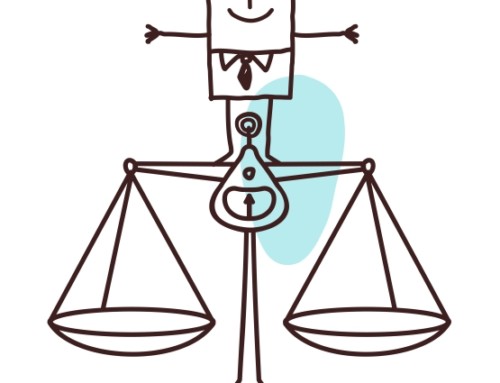In this article, I discuss how you and your partner can make and follow ‘relationship rules’ to manage conflict effectively.
In my work as a Calgary psychologist and a Cochrane psychologist, I often work with couples in relationship counselling who have challenges in managing conflict. One of the reasons couples have difficulties is that they often lack agreed upon ‘relationship rules’ for how to proceed in particular conflict management situations. Trying to address these situations without agreed upon rules is challenging for several reasons.
One is that, without agreed upon rules, both partners must ‘wing it’ by thinking of ways to handle these situations in the heat of the moment. Being able to think of good ways to handle a difficult situation at the time you are dealing with a complex situation involving disagreement and strong emotions is not conducive to coming up with effective courses of action. This difficulty is compounded by the fact that, without agreed upon rules, any solution to the particular conflict management situation which either partner thinks of is often not acceptable to the other partner.
Both partners cooperating to develop relationship rules for handling particular conflict management situations makes it more likely that they will handle these situations effectively when they arise. In the following sections, I will discuss the benefits of having relationship rules for conflict management situations, how both partners can cooperate to develop these rules, and the kinds of rules which should be followed for various conflict management situations.
Benefits of having relationship rules for conflict management
The benefits of having relationship rules for conflict management are similar to the benefits which rules provide for any kind of relationship situation. The first benefit is that, if you’ve developed agreed upon rules prior to the situation, you and your partner know how to behave in the situation. Without an agreed upon rule for that situation, you and your partner need to think of a way to deal with the situation in the moment. With time pressure and emotions often strong in these situations, coming up with a good way to deal with the situation on the spot is less likely compared with if you’ve both thought it through and agreed to it ahead of time in the form of a rule.
The second benefit of having relationship rules for conflict management is that, because you and your partner have agreed on the rule, there is a decreased likelihood of disagreement and fighting in the situations to which the rule applies. This decreases negativity in the conflict management part of your relationship and thereby makes it easier to enjoy quality time, friendship and intimacy with your partner.
How to develop rules for conflict management
You can develop rules for conflict management in the same way that you and your partner develop other relationship rules. Pick a time when you are both in a relatively low stress state and discuss which rules would be helpful for particular situations.
You can begin by listing any rules for certain conflict management situations which you already have been using with good results. For example, couples with children often have a rule not to discuss issues in front of the children. I typically find that couples with whom I work could benefit from having additional rules for effective conflict management in particular situations. I will provide several examples of such rules in the following section.

Some relationship rules which can be helpful in conflict management situations
The following are several rules which can help you and your partner to manage conflict more effectively:
1. Begin discussions of issues only when you are both in a relatively low stress state—or what I refer to as being on ‘green light’.
2. Withdraw from discussions of issues when you go from green light to red light—a state in which you are too stressed to be constructive–and only return to these discussions when you both are back on green light.
3. Communicate your points in a constructive manner. This entails bringing up issues by focusing on the facts at the hand along with specific behaviours and actions while avoiding negative references to your partner’s character, name calling and exaggerated ‘always’ and ‘never’ statements pertaining to your partner. This rule also involves making an effort to take responsibility and offer movement on an issue if your partner raises an issue in a constructive manner.
4. When you are stuck on an issue and are having difficulty listening to each other, take turns having one partner express their thoughts and feelings while the other partner listens and then reflects back what they heard.
5. Use ‘repair attempts’ such as apologizing to your partner when you catch yourself communicating in a nonconstructive manner.
6. Stick to the issue which you and your partner agreed on as the focus of the discussion.
7. Continue to connect with your partner in activities to foster friendship and closeness even though one or more issues have not been resolved during your discussions.
8. Engage in regular stress reducing conversations in which each partner gets the chance to talk about recent events in their life—good and bad—while the other offers support and advice (if requested).
9. Use thought records to catch, check and change ‘hot thoughts’ which make constructive communication with your partner difficult.
10. Have each partner take steps to manage their stress and other individual issues which need to be addressed.
Those are just a few rules for managing conflict which couples with whom I’ve worked have found to be helpful. You and your partner can come up with additional rules, some of which may be unique to your relationship.
Once you have developed the rules for managing conflict in your relationship, it is helpful to review them regularly and have discussions to ensure you and your partner are implementing the rules in the situations to which they apply and to ensure they are being applied in an effective manner.
May you and your partner follow rules to manage conflict effectively in your relationship,
Dr. Pat






Leave A Comment